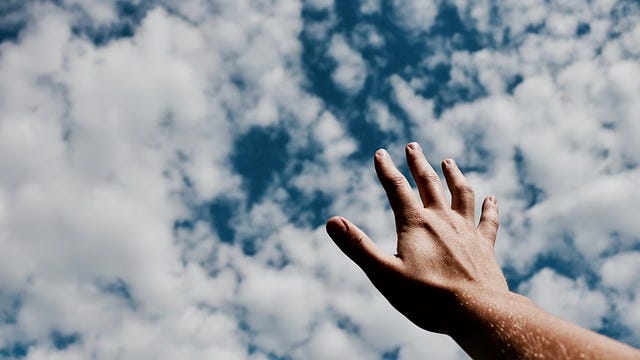Is the Sky Falling on Mental Ill-Health? Maybe not.

Gallup recently published new data showing an increase in American's self-reported mental ill-health. As Gallup put it:
Americans’ positive self-assessments of their mental health are the lowest in more than two decades of Gallup polling.
The polling and consulting company included this graph:

The social media universe reacted with its usual outrage, pointing fingers toward the health care system, lack of primary prevention, big pharma, bad employers, lousy insurance, social determinants, and the other usual suspects. Most of these conditions, of course, almost certainly contribute to emotional wellbeing challenges.
Gallup, however, was more cautious in its conclusions:
Given the length of time between the measurements, the cause of this increase in mental health visits is unclear but likely the result of a number of factors. It may be related partly to the pandemic; to a growing appreciation for the importance of good mental health; to reduced stigma about seeking treatment -- particularly among young adults versus older adults; to changes in the ways health insurance plans cover mental health treatment; or to other factors.
Indeed, upticks in mental ill-health metrics are not necessarily a bad thing. More than likely, part of the increase is due to bad things (limited access to care, insufficient preventive measures, etc.). And some of it may be due to good stuff (reduced stigma, compliance with the Mental Health Parity Act, etc.).
Employee benefits and wellbeing professionals, consider...
...We lament woefully low EAP utilization rates... and increased mental ill-health prevalence. Make sense? Maybe, because ideally we want more people seeking care (and/or preventive measures implemented) with the long-term goal of decreased prevalence. (Gallup did also report that more people are seeking care. Good, right?) But with this outcome being a distant goal, it seems we want to have our cake and eat it too: We want fewer people saying they need support, but more people receiving it.
Gallup got it right in stating, as objectively as possible, "this increase in mental health visits is unclear but likely the result of a number of factors." The sky may be falling, but we can't conclude that based on this Gallup data.



